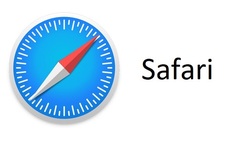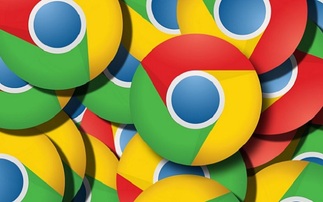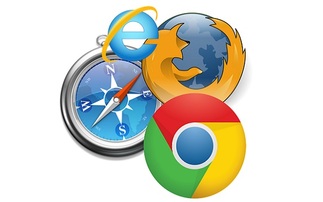Swish music steaming services, hugely popular video calling tools, world-changing mobile chipsets. Do we have to do it all, America?
Europe is desperate to match the US for technology innovation. There are Silicon Roundabouts, changes to intellectual property laws to try to boost innovation and creativity like the US, and even W...
To continue reading this article...
Join Computing
- Unlimited access to real-time news, analysis and opinion from the technology industry
- Receive important and breaking news in our daily newsletter
- Be the first to hear about our events and awards programmes
- Join live member only interviews with IT leaders at the ‘IT Lounge’; your chance to ask your burning tech questions and have them answered
- Access to the Computing Delta hub providing market intelligence and research
- Receive our members-only newsletter with exclusive opinion pieces from senior IT Leaders





















